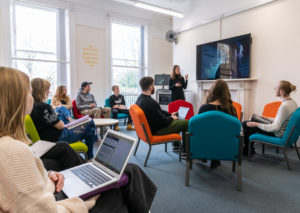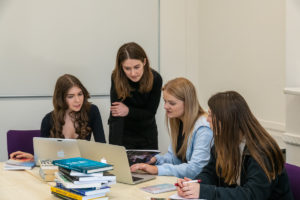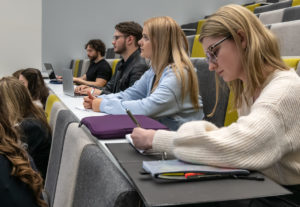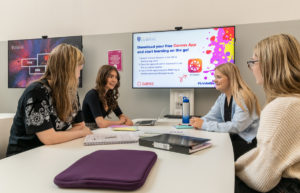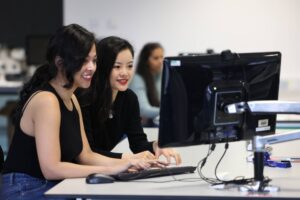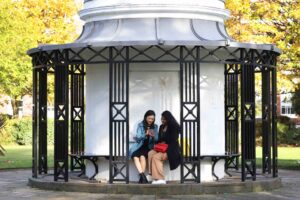How you'll learn
Teaching on MRes Communication and Media is delivered through regular supervisory meetings with academic staff with subject-area expertise matched to students’ specific areas of research interest. With the exception of one class-taught module on research methods (to be chosen from five different bespoke methods modules offered by the Department of Communication and Media), there is no group teaching. MRes students are invited and encouraged to participate in, and contribute to the wider research culture in the Department. But in terms of teaching, students’ main point of contact will be with supervisors who provide one-on-one tutorials.
How you're assessed
Students studying the MRes will be assessed by coursework. Preparatory work (e.g. annotated bibliography, research project proposal) is designed to provide step-by-step development of ideas and knowledge that will feed into completion of the final dissertation (30-35,000 words), which is the primary mode of assessment.
Liverpool Hallmarks
We have a distinctive approach to education, the Liverpool Curriculum Framework, which focuses on research-connected teaching, active learning, and authentic assessment to ensure our students graduate as digitally fluent and confident global citizens.
The Liverpool Curriculum framework sets out our distinctive approach to education. Our teaching staff support our students to develop academic knowledge, skills, and understanding alongside our graduate attributes:
- Digital fluency
- Confidence
- Global citizenship
Our curriculum is characterised by the three Liverpool Hallmarks:
- Research-connected teaching
- Active learning
- Authentic assessment
All this is underpinned by our core value of inclusivity and commitment to providing a curriculum that is accessible to all students.
